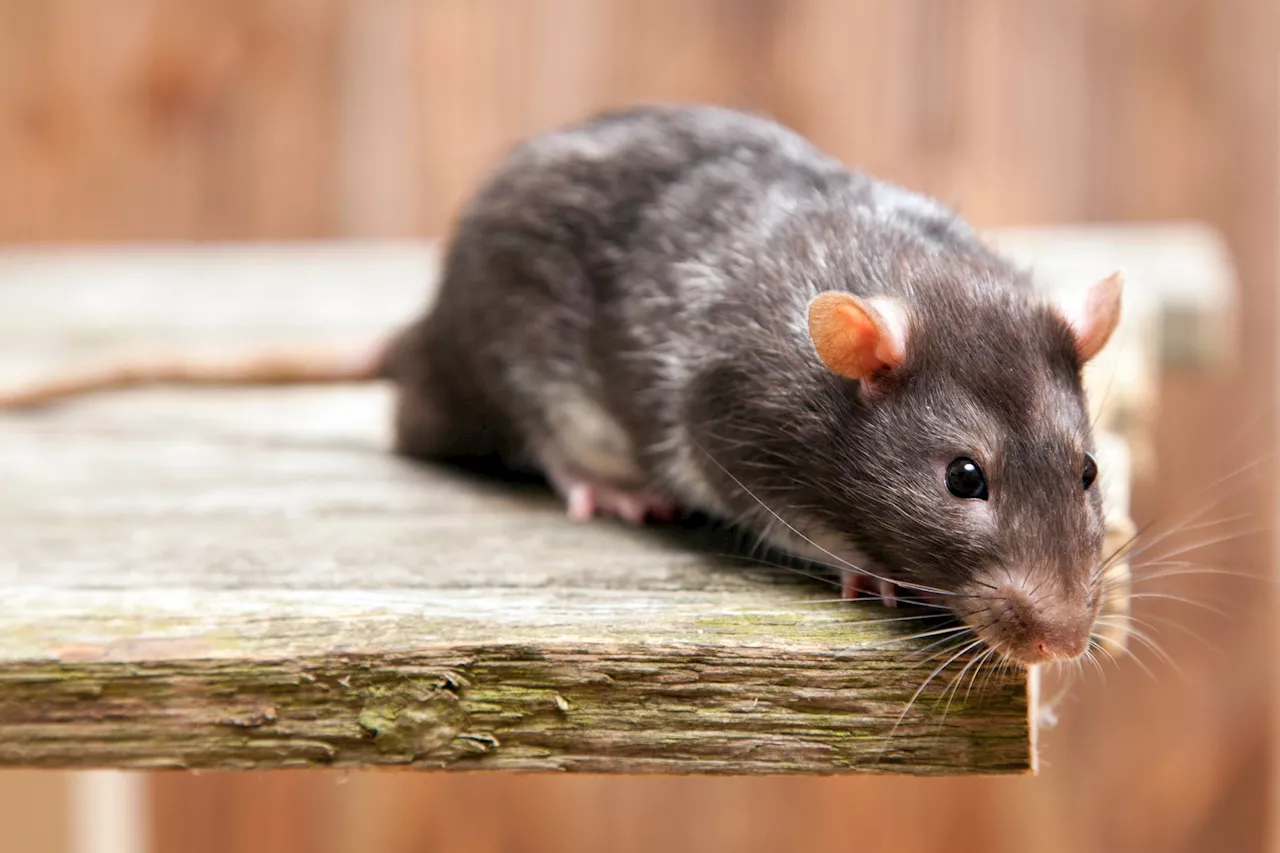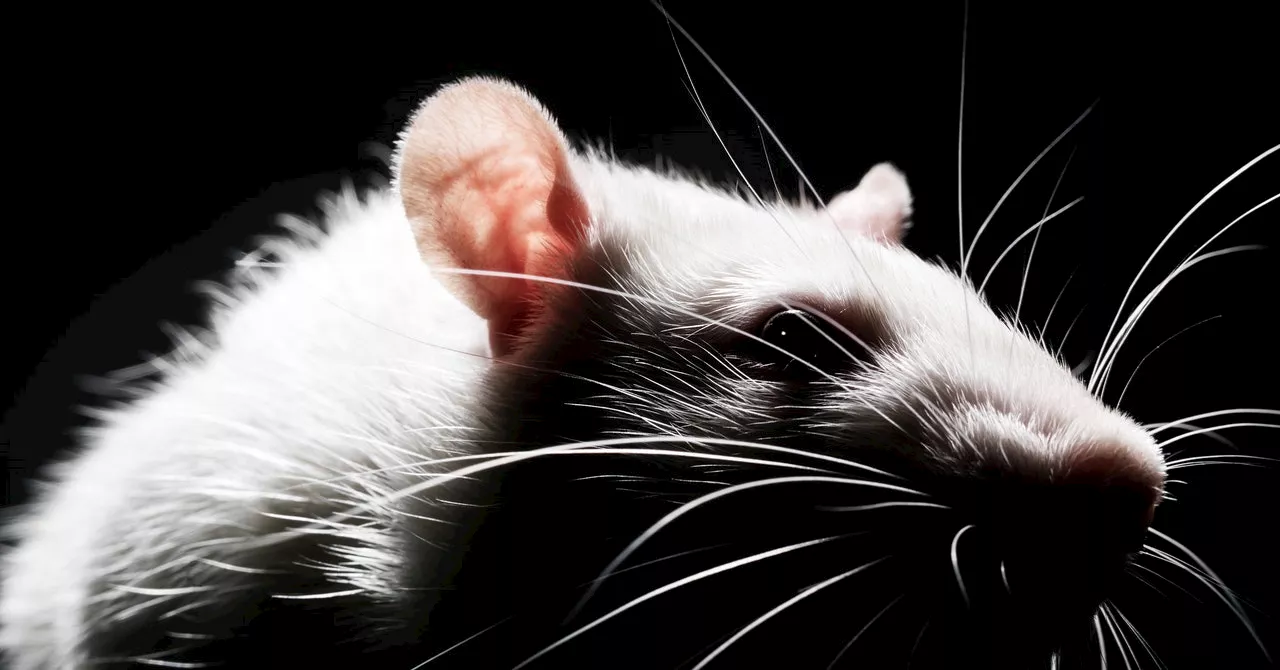Propensity to addiction starts with the very first drug use experience, a new study shows.
Consuming addictive substances often involves an unpleasant experience, like using a needle, ingesting a bitter substance or inhaling smoke. These distasteful experiences -- known as aversive cues -- and our initial reactions to them are pivotal to understanding who will become an addict, said University of Texas at El Paso biologist Travis Moschak, Ph.D.
Moschak explained that nearly 30 rats were given the opportunity to self-administer small doses of cocaine by poking their nose into a designated hole. Each dose of cocaine was preceded by a small, bitter-tasting dose of quinine, a substance that is safe for rats and commonly used to impart the bitter flavor in tonic water.
While previous studies have explored the relationship between aversive cues and drug use, Moschak's research is the first to study them as a paired experience from the very first instance of drug use, he said. "This is a fascinating study with great potential to help us better understand and address drug abuse in people," said Robert Kirken, Ph.D., dean of the College of Science."With further study, this research could lead to better ways to prevent and treat addiction."
Cocaine Addiction Spirituality Animals Mice Biotechnology Biology
Malaysia Latest News, Malaysia Headlines
Similar News:You can also read news stories similar to this one that we have collected from other news sources.
 NYCHA tenants sue city, saying agency does not disclose rats, lead, other hazardsThe city’s Department of Housing Preservation and Development is legally required to make NYCHA apartment violations publicly available, but has failed to do so.
NYCHA tenants sue city, saying agency does not disclose rats, lead, other hazardsThe city’s Department of Housing Preservation and Development is legally required to make NYCHA apartment violations publicly available, but has failed to do so.
Read more »
 Neuroscientists taught rats how to driveNeuroscientists taught rats to drive mini cars, and now they're continuing to study how they respond to driving and other stimuli.
Neuroscientists taught rats how to driveNeuroscientists taught rats to drive mini cars, and now they're continuing to study how they respond to driving and other stimuli.
Read more »
 After Teaching Rats To Drive, Neuroscientists Uncovered How Anticipating Joy Can Enhance LifeRats will choose to take a longer route if it means they get to enjoy the ride to their destination.
After Teaching Rats To Drive, Neuroscientists Uncovered How Anticipating Joy Can Enhance LifeRats will choose to take a longer route if it means they get to enjoy the ride to their destination.
Read more »
 These Rats Learned to Drive—and They Love ItDriving represented an interesting way for neuroscientists to study how rodents acquire new skills, and unexpectedly, rats had an intense motivation for their driving training.
These Rats Learned to Drive—and They Love ItDriving represented an interesting way for neuroscientists to study how rodents acquire new skills, and unexpectedly, rats had an intense motivation for their driving training.
Read more »
 Scientists Teach Rats to Drive Tiny Cars, Discover That They Love Revving the EngineScience and Technology News and Videos
Scientists Teach Rats to Drive Tiny Cars, Discover That They Love Revving the EngineScience and Technology News and Videos
Read more »
 Scientists teach rats to drive tiny cars and 'unexpectedly' discover the rodents enjoy revving their enginesToday's Video Headlines: 11/17/24
Scientists teach rats to drive tiny cars and 'unexpectedly' discover the rodents enjoy revving their enginesToday's Video Headlines: 11/17/24
Read more »
